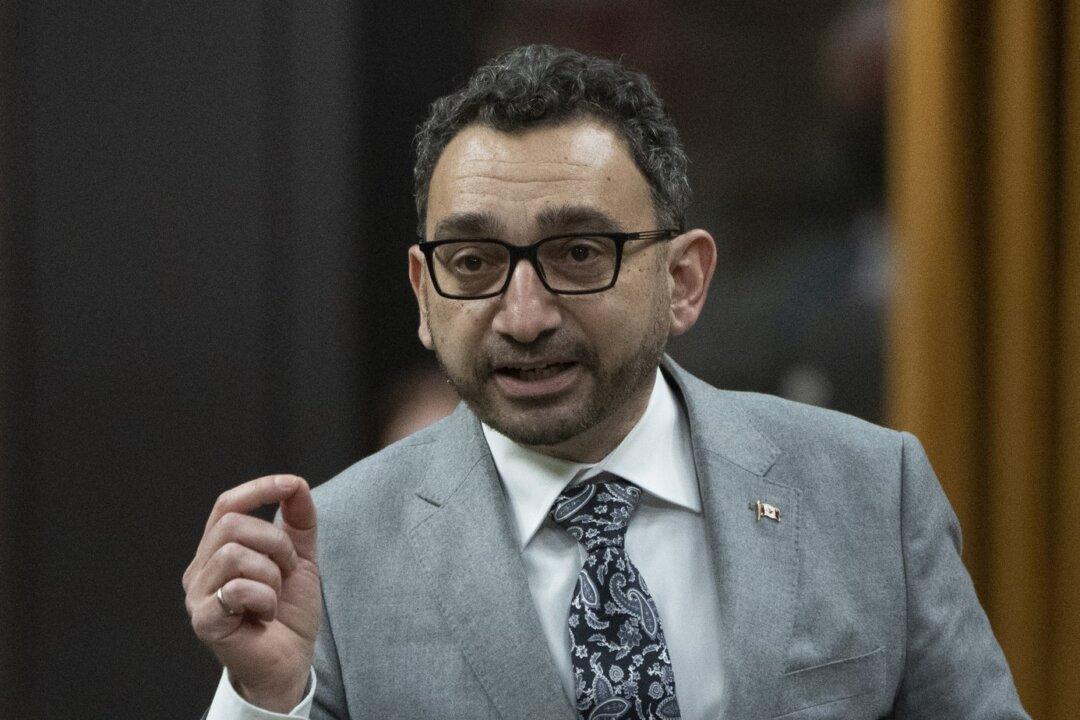The Yukon Legislative Assembly has adopted a motion to say that local RCMP resources shouldn’t be used for the federal government’s gun buyback program. The governments of Alberta, Saskatchewan, and Manitoba have taken similar positions in recent weeks.
The motion was brought forward by Yukon Party Justice Critic Brad Cathers and passed with the support of the Yukon Party and the Yukon NDP MLAs. All Yukon Liberal MLAs, who formed a minority government in the territory after the 2021 election, voted against the motion.
The motion says that the territorial legislature “urges the Yukon government to ensure that territorial policing resources are not diverted to assist in the implementation of the Government of Canada’s gun ‘buy-back’ program.”
Cathers said it’s important to ensure that police resources are not diverted from focusing on organized crime and other serious public safety issues. He also emphasized the need to respect licensed firearms owners, including those who depend on hunting to feed their families.
“The National Police Federation, which is the union representing RCMP members, has made it clear that the Trudeau government’s Order-in-Council prohibiting various firearms and the ‘buy-back’ program will divert police resources away from dealing with organized crime,” Cathers said.





